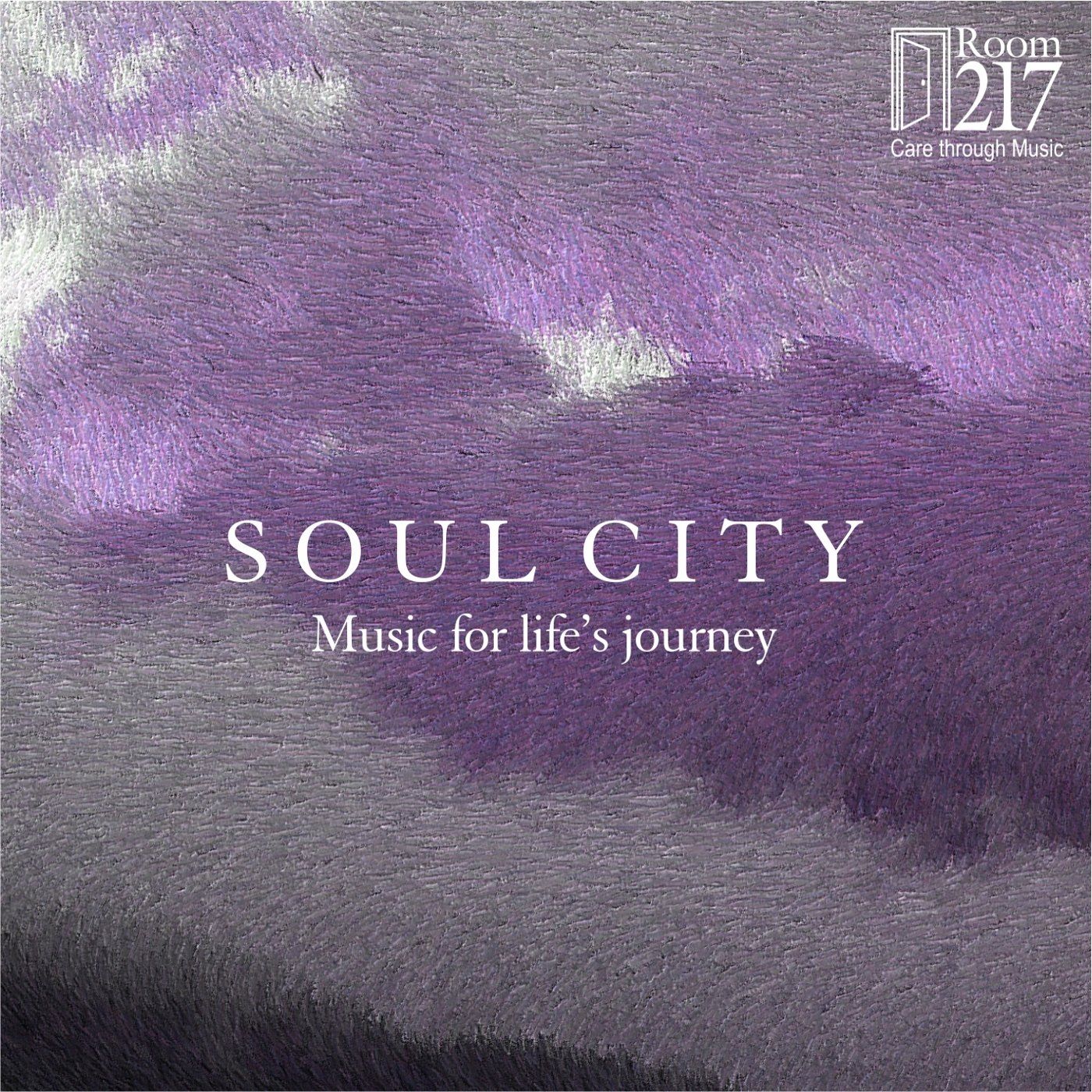Using Music to Connect with Older Relatives
This article was written by Julia Cara, and is part of a series provided by upper year Health Sciences students at
McMaster University.
For many of us, holidays and family gatherings have looked very different the past few years. As the ongoing COVID-19 pandemic continues to shape our world, protecting the health of our friends and family has often meant choosing to stay apart during the holiday seasons. While this isolation has affected everyone to varying degrees, its effects have been compounded on older adults, many of whom live alone.
Even when there isn’t a pandemic, older adults experience higher-than-average levels of loneliness, social isolation, depression, and anxiety. For those who live alone – either in a retirement home or long-term care home – visitors are often few and far between. When family and friends do come visit, age-related declines in hearing and memory can make it difficult to follow and engage in conversations.
For my grandmother, who has been living alone for the past fifteen years, these challenges of aging have been amplified by the early stages of dementia. My face remains familiar, though my name is hard to remember, and she often slips back into her mother tongue when we speak. But when I play her a song on the piano, or que up an aria from her favourite opera, she comes alive. It’s almost magical – as if she’s stepped ten years back in time. She’s invigorated. She takes my hands and dances me around the room, and she sings along to her favourite parts remembering every single word.
The granddaughter in me isn’t surprised; music is one of my grandmother’s greatest loves. Verdi, Puccini, Mozart – name an opera and she’s seen it. It makes sense to me that music would be a bridge that connects her to us. However, the student in me is interested in the science behind this phenomenon.
In the past few decades, research into music and its effects on aging has been an exciting area of study. Music has proven to positively impact mood and encourage social connection, but it has also been shown to ameliorate some symptoms of dementia. It stimulates parts of the brain that help compensate for age-related declines in processing speed and memory. Therefore, from a scientific perspective, it makes sense that my grandmother can remember song lyrics and melodies – the music helps her reminisce.
This research has driven the slow but steady emergence of music as an effective, non-pharmacological tool to aid the aging process. While music therapy has traditionally been delivered in formal settings, and by licenced music therapists, recent studies
have shown that informal music interventions – such as singing, playing an instrument or listening to a favourite song – can also be effective. Even just listening to music once a week can significantly decrease depression and anxiety and the effects can last for weeks.
Not only does music positively impact mood, decrease loneliness and increase cognitive function, but it’s a form of expression – an integral part of culture, community and connection. If you get the opportunity to see your older relatives sometime soon, whether it be this holiday season or sometime in the new year, consider sharing a few of your favourite songs over a cup of coffee. Maybe you’ll find something magical in the music too.











